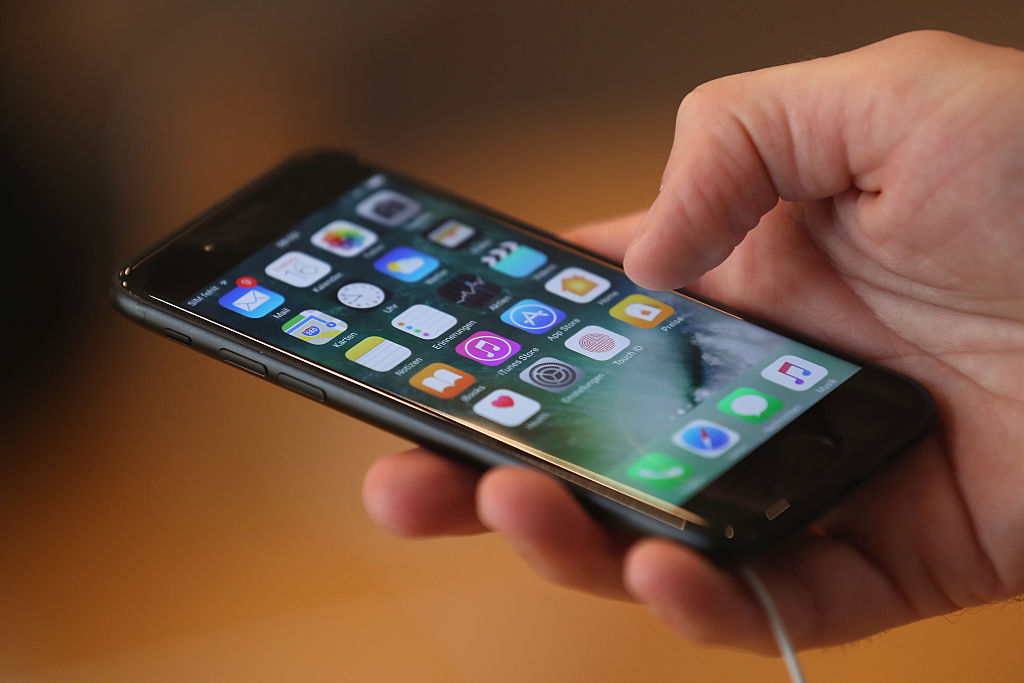It’s useful to think of this election as a contrast between how, in the simplest understanding, people see the world from two very different perspectives. It’s simple, but it’s important.
There was a line on the edge of my memory the other day from a certain victorious congressional candidate:
Carry the word throughout this district, the word we said was true: that we do stand for the people who push a grocery cart and worry about the grocery prices, that we do stand for the people who care about this country and their children’s future. That every American, no matter how young, no matter how old, whether male or female, black, white, yellow, every American has a right to a voice in Washington, and that that voice is appropriately in the Constitution, in the House of Representatives.
That was from a 35-year-old Newt Gingrich in 1978, and my thanks to Steve Kornacki’s podcast for reminding me of it.
The grocery cart thing is back in America in a big way. But if that’s not all that important to you, it’s because other things take precedent.
Think about it as the difference between the people who go to the kitchen table with their screens still in hand, and the people who turn them off.
There are a lot of people today who don’t have kitchen tables anymore, at least as they exist in the popular imagination — where normal, hardworking moms and dads pore over bills and sweat the rent and figure out the next day’s schedule in the same place where they feed the kids.
For those who keep the screens on and the tablets open morning, noon, and night, things are different. Eating a meal while on your phone, refreshing constantly, carries all the ups and downs of social media into the space where workaday concerns once ruled. Everywhere you go, the same people are gaining access to your mind, continuing a fervent, unending, woke conversation where climate change and pronouns and threats to democracy are constant.
Despite what you might think, the vast majority of American families still turn off their screens when they sit down to dinner. There are even ad campaigns for internet products built around parental controls to switch off the wifi to bring families together.
The kitchen tablet is not as dominant as you might think. Unless you’re on it — and then you think the things the people on it are saying matter a lot more.
Last night’s speech from President Biden is awfully hard to understand if you’re not an affluent woke Democrat with kitchen tablet concerns. A normal working American could easily ask: why is he talking about these issues this way, and what does he stand to gain from it? Why isn’t he trying to make the case that his course of action is right? What is he even talking about, and who, at this late stage in this election, is he trying to convince?
You’re worried about the state of the economy? The tablet tells you to worry more about the climate. You’re worried about rising local crime? The tablet tells you to be more worried about January 6. You’re worried that school shutdowns and the massive expenditures extracted from Washington to “keep teachers safe” ended up destroying the learning of a generation of children? Well, the pandemic was hard for everyone. It’s time for amnesty, the tablet tells you.
It’s reasonable for those on kitchen tablets to think abortion was going to be the decisive 2022 issue. But those at kitchen tables know it’s that the cost of diapers has risen more than 180 percent since Joe Biden took office.
The kitchen tablet does its job. The kitchen table, the concerns it carries, and the people around it fade away. The tablet takes you to a different place, and keeps you there. That’s how you lose touch with what matters to those pushing grocery carts.

























